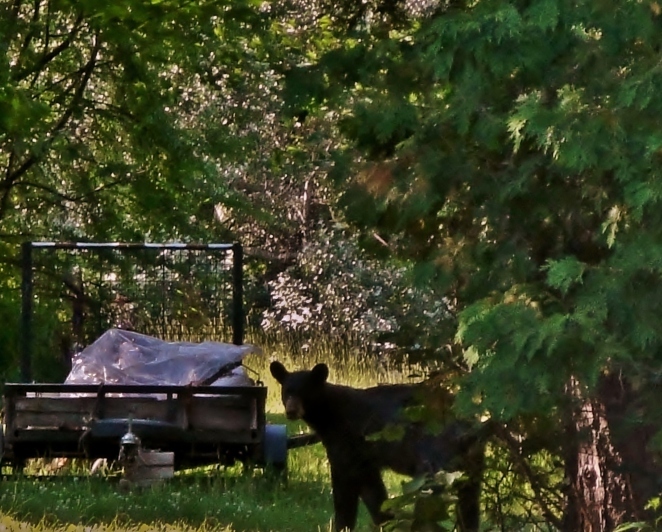Despite a legal challenge, state wildlife authorities are selling licenses for the first bear hunt in Florida in more than two decades.
The decision to reopen hunting for bears was spurred by more than 6,000 nuisance complaints and four recent bear attacks on women, three in the suburbs of Central Florida and one in a rural part of the Panhandle.
The Florida Fish and Wildlife Commission (FWC) established the hunt to stabilize the bear population. In 1974, when the bear was added to the state’s threatened species list, FWC officials estimated there were as few as 300 bears. The most recent estimates indicate the population has grown to more than 3,100 animals with 1,500 in Central Florida alone.
State officials will allow the killing of as many as 320 bears, promising to shut down the hunt if the kill limit is reached before the end of the bear season on October 30.
Hunters Central Florida would be allowed to hunt bears on private lands and in the Ocala National Forest, Rock Springs Run State Preserve, Seminole State Forest and Lake Monroe Wildlife Management Area.
Licenses cost $100 for a Florida resident and $300 for a non-resident, allowing a hunter to take one bear. Since the licenses went on sale, the agency has sold more than 1,300 of them. The sale is supposed to continue through Oct. 23, right before the one-week hunt begins. Though the state is selling an unlimited number of bear permits, only a few hunters will bag a bear.
The Tampa Bay Times quotes Diane Eggeman of the wildlife commission’s hunting and game management division saying, “Success rates for bear hunting are low, especially with the restrictions in Florida such as not using dogs or bait.”
“Based on information from other states, without the use of dogs or bait, the percentage of successful hunters ranges from 1 to 12 percent per season, with daily success rates much lower,” says Eggeman
Court May Halt Hunt
Speak Up Wekiva, an environmental lobbying group and Chuck O’Neal, a natural resources advocate for the League of Women Voters, sued to halt the hunt contending it is unconstitutional as it violates a the 1998 amendment establishing the FWC and requiring it to “conduct management, preservation and conservation decision-making based upon sound science.”
The suit claims the commission failed to show scientific evidence hunting will reduce interactions with humans, or that the bear population can sustain the hunt. As a first step, the complainants hope to win a temporary injunction delaying the hunt, though they ultimately are requesting the court to ban it entirely.
FWC spokeswoman Susan Smith said the agency was confident the lawsuit would not stop the hunt, thus they have not discussed whether to issue refunds if a judge shoots it down.
H. Sterling Burnett, Ph.D., ([email protected]) is the managing editor of Environment & Climate News.





